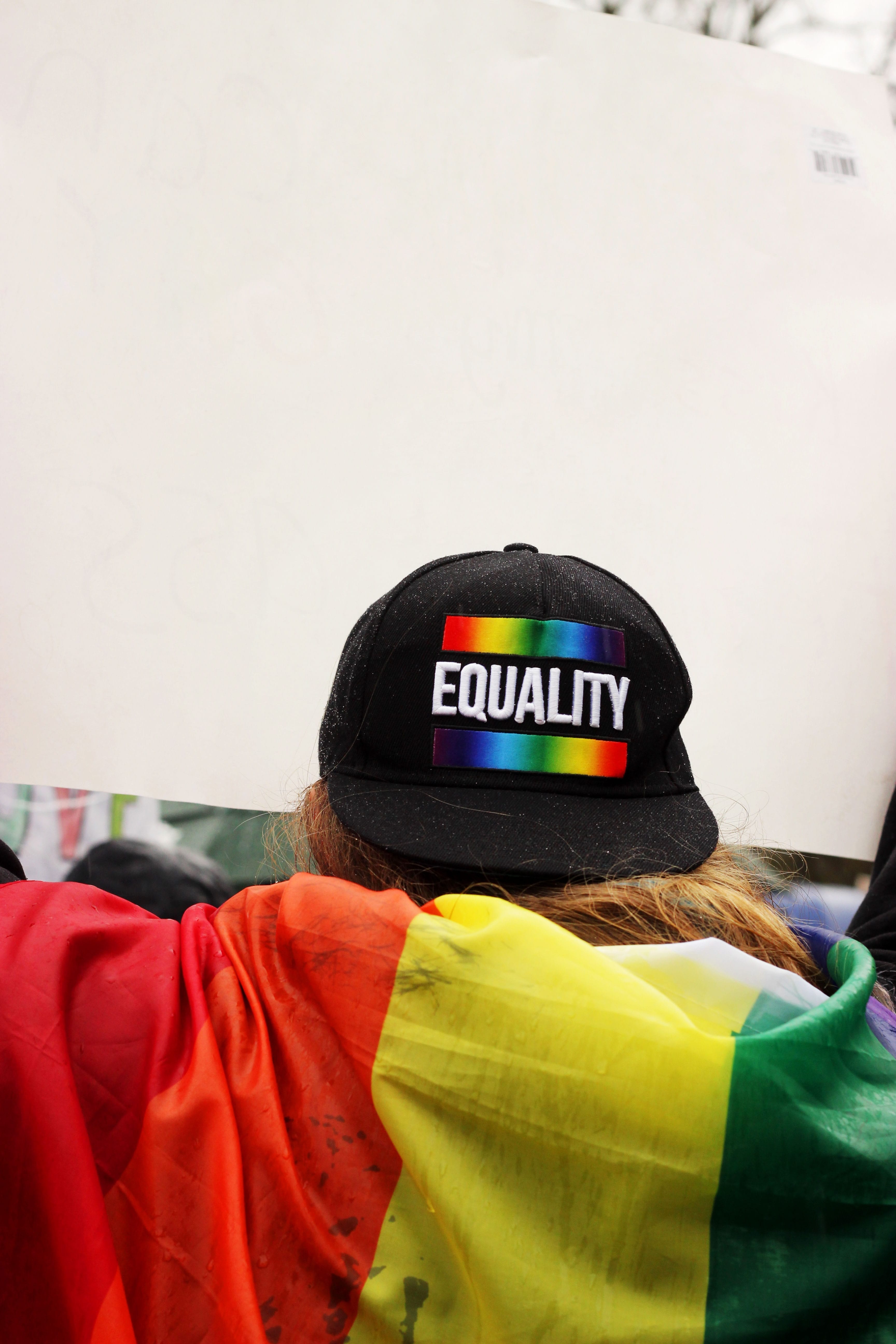US Supreme Court divided over LGBT rights

The US Supreme Court is divided over whether a civil rights law barring workplace discrimination applies to gay and transgender workers. Two cases of alleged discrimination against gay employees and a third one, involving transgender discrimination, were presented to the top court. Four years after gay marriage was legalized, these cases could become another landmark for LGBT rights in the country. The nine justices of the US Supreme Court should make their decisions by next June.
In two of the cases, employees were fired because of their sexual orientation and the third case involves an employee who believes she was fired as a result of coming out as transgender. In each case, the US Department of Justice under President Donald Trump has supported the employers. Title VII of the Civil Rights Act of 1964 prohibits discrimination against employees on the basis of sex, gender, race, color, national origin, and religion. The divide of opinion is as to whether "sex" applies to sexual orientation and gender identity.
IZA World of Labor author Nick Drydakis has written extensively on the topic of sexual orientation and labor market outcomes. In his article, he notes that “[d]espite anti-discrimination laws in some countries, gay and lesbian employees encounter serious job market barriers. They report more harassment and less job satisfaction than heterosexual employees, and gay men earn less than comparably skilled and experienced heterosexual men.”
“International studies from Australia, Canada, the US, and the EU have highlighted the adverse workplace conditions that face gay men and lesbians. Having a minority sexual orientation affects people's decisions about employment routes even before they apply for a job, particularly in sectors such as law enforcement, the armed forces, teaching, and manual trades. A gay or lesbian identity seems to be a devalued and stigmatized characteristic in hiring, compared with a heterosexual identity,” Drydakis adds.
Most federal appeals courts in the US so far have interpreted that the law does not include discrimination against lesbian, gay, bisexual, and transgender people, however, two courts in New York and Chicago recently ruled that discrimination against LGBT people is a form of sex discrimination. "In 29 states, a person can be fired for their gender identity and sexual orientation," Human Rights Council press secretary Charlotte Clymer told the BBC. “The fact that you can get married on Sunday and fired on Monday for being LGBTQ, I believe, presents a pretty massive problem for our community and for society,” she added.
Read Nick Drydakis’ article Sexual orientation and labor market outcomes